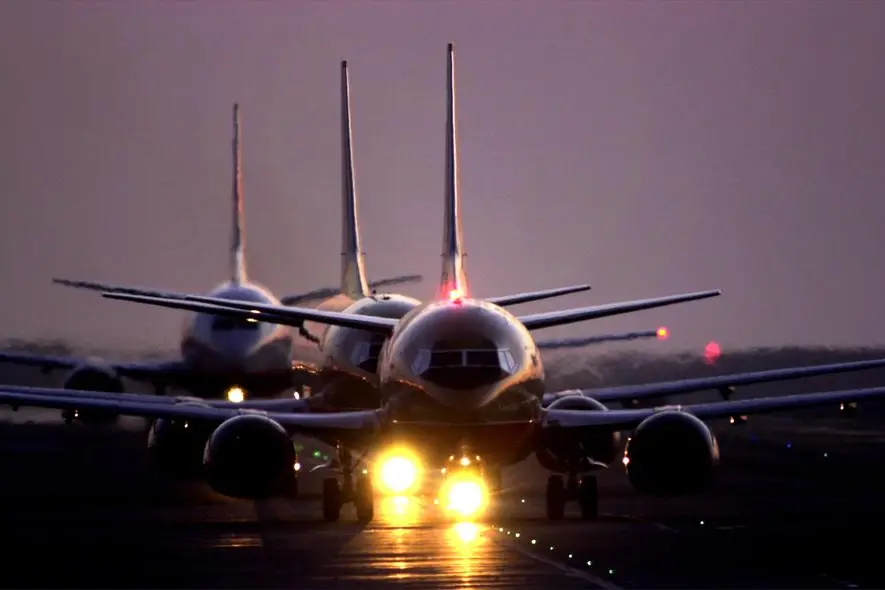PHOTO
At the 56th Annual General Assembly (AGA) of the African Airlines Association (AFRAA) held in Cairo, International Air Transport Association (Iata) director-general Willie Walsh delivered a powerful address outlining the opportunities and challenges facing Africa's aviation industry. With 18% of the world’s population but only 2% of global air transport, Africa remains underutilised in aviation—a gap Walsh believes the continent is ready to close.
Walsh began his speech by highlighting Africa's untapped aviation potential. "Africa has enormous potential," he said. "You know the statistics. It is home to 18% of the world’s population but accounts for just 3% of global GDP. And it accounts for an even smaller share of global air transport—just 2%."
However, he acknowledged that realising this potential requires addressing various challenges, including high costs and taxes, limited adoption of safety standards, and underdeveloped airport infrastructure.
Safety: Always a top priority
Safety, Walsh stressed, remains the industry's cornerstone. He praised African airlines for their progress, citing the absence of hull losses or fatal accidents between 2020 and 2023. However, he noted setbacks in 2024 and called for increased commitment to global safety standards like IOSA and data-sharing initiatives such as the Global Aviation Data Management (GADM) system.
"Africa has made significant safety improvements," Walsh said. "But even in 2023, the African turboprop hull loss rate was the highest globally. This tells us there is still work to do."
Another pressing issue Walsh addressed was the repatriation of blocked airline funds, a challenge disproportionately affecting African airlines. "Globally, $1.662bn of airline money is blocked from repatriation—$950m of which is in African countries," he revealed.
Walsh stressed that such financial obstacles threaten connectivity, which drives economic prosperity. "If airlines cannot repatriate their revenues, they cannot be expected to provide service. Economies will suffer if connectivity collapses," he warned.
Sustainability: Africa’s opportunity
Sustainability was another focal point of Walsh’s address. He emphasised the global aviation industry's commitment to achieving net-zero carbon emissions by 2050, describing it as "existential to our future growth."
The transition to sustainable aviation fuels (SAF) presents an economic opportunity for Africa. "SAF will contribute more than 60% of the mitigation needed for aviation’s decarbonisation," Walsh stated. "Africa has the people and natural resources to develop a world-leading SAF sector, provided the financing and government incentives are available."
He called on stakeholders, including financial institutions like Afreximbank, to prioritise SAF development, underscoring the potential for job creation, economic growth, and energy independence.
Walsh concluded with a message of collaboration and optimism. "As your global association, I want to assure you that we work closely with AFRAA, we are focused on your needs, and we are looking at how we can support our members’ success even more effectively," he said.
The AFRAA AGA 2024 brought industry leaders together to strategise on advancing Africa’s aviation sector. Key discussions, led by Willie Walsh, highlight the importance of safety, sustainability, and financial transparency in unlocking the continent’s aviation potential.
All rights reserved. © 2022. Bizcommunity.com Provided by SyndiGate Media Inc. (Syndigate.info).




















